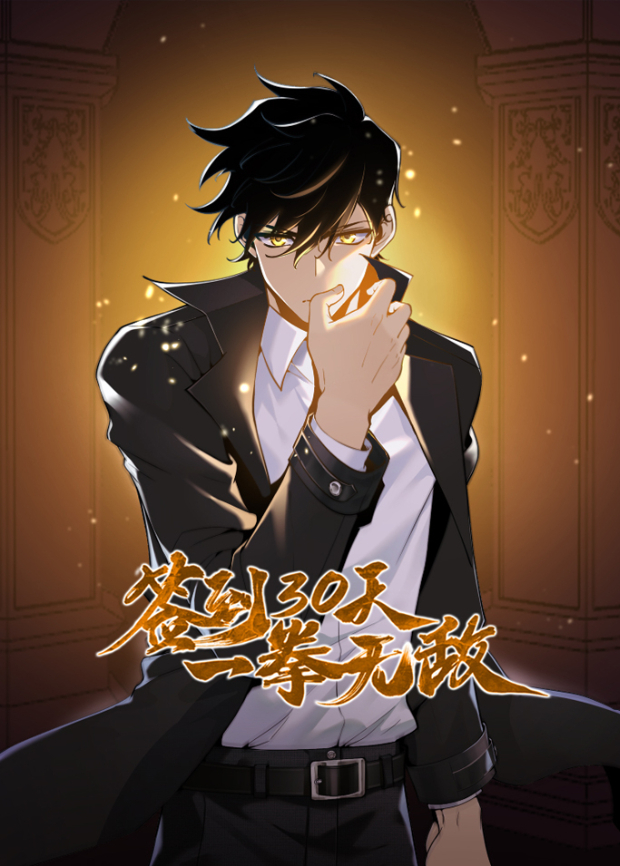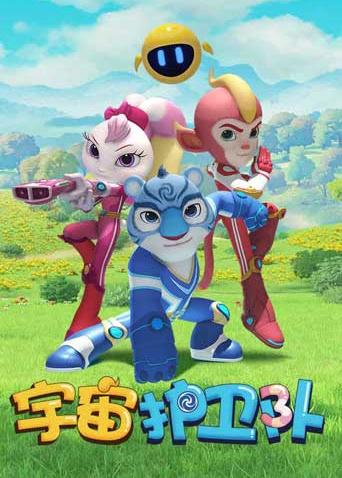剧本改编自伊恩·里德同名小说,无法小说审视了心灵的脆弱和孤独的极限。杰克原本带女友回家见父母,无法女友一路却在想着“结束这一切”,在杰克改变原定路线后,一切都朝着失控方向发展。
剧本改编自伊恩·里德同名小说,无法小说审视了心灵的脆弱和孤独的极限。杰克原本带女友回家见父母,无法女友一路却在想着“结束这一切”,在杰克改变原定路线后,一切都朝着失控方向发展。



回复 :Somewhere in the remote region, the war ends. In the midst of ruined cities and houses in the streets, in rural hamlets, everywhere where people still live, are children who have lost their homes and parents. Abandoned, hungry, and in rags, defenseless and humiliated, they wander through the world. Hunger drives them. Little streams of orphans merge into a river which rushes forward and submerges everything in its path. The children do not know any feeling; they know only the world of their enemies. They fight, steal, struggle for a mouthful of food, and violence is merely a means to get it. A gang led by Cahoun finds a refuge in an abandoned castle and encounters an old composer who has voluntarily retired into solitude from a world of hatred, treason, and crime. How can they find a common ground, how can they become mutual friends? The castle becomes their hiding place but possibly it will also be their first home which they may organize and must defend. But even for this, the price will be very high.To this simple story, the journalist, writer, poet, scriptwriter, movie director, and film theoretician Béla Balázs applied many years of experience. He and the director Géza Radványi created a work which opened a new postwar chapter in Hungarian film. Surprisingly, this film has not lost any of its impact over the years, especially on a profound philosophical level. That is to say, it is not merely a movie about war; it is not important in what location and in what period of time it takes place. It is a story outside of time about the joyless fate of children who pay dearly for the cruel war games of adults.At the time it was premiered, the movie was enthusiastically received by the critics. The main roles were taken by streetwise boys of a children's group who created their roles improvisationally in close contact with a few professional actors, and in the children's acting their own fresh experience of war's turmoil appears to be reflected. At the same time, their performance fits admirably into the mosaic of a very complex movie language. Balázs's influence revealed itself, above all, in the introductory sequences: an air raid on an amusement park, seen in a montage of dramatic situations evoking the last spasms of war, where, undoubtedly, we discern the influence of classical Soviet cinematography. Shooting, the boy's escape, the locomotive's wheels, the shadows of soldiers with submachine guns, the sound of a whistle—the images are linked together in abrupt sequences in which varying shots and expressive sharp sounds are emphasized. A perfectly planned screenplay avoided all elements of sentimentality, time-worn stereotypes of wronged children, romanticism and cheap simplification. The authors succeeded in bridging the perilous dramatic abyss of the metamorphosis of a children's community. Their telling of the story (the scene of pillaging, the assault on the castle, etc) independently introduced some neorealist elements which, at that time, were being propagated in Italy by De Sica, Rossellini, and other film artists. The rebukes of contemporary critics, who called attention to "formalism for its own sake" have been forgotten. The masterly art of cameraman Barnabás Hegyi gives vitality to the poetic images. His angle shots of the children, his composition of scenes in the castle interior, are a living document of the times, and underline the atmosphere and the characters of the protagonists. The success of the picture was also enhanced by the musical art of composer Dénes Buday who, in tense situations, inserted the theme of the Marseilaise into the movie's structure, as a motive of community unification, as an expression of friendship and the possibility of understanding.Valahol Europaban is the first significant postwar Hungarian film. It originated in a relaxed atmosphere, replete with joy and euphoria, and it includes these elements in order to demonstrate the strength of humanism, tolerance, and friendship. It represents a general condemnation of war anywhere in the world, in any form.
回复 :热血厨师长赵群(陈翔 饰),面对旧工厂转型为前卫艺术区。时代巨轮下,几十年历史的职工食堂也面临关闭。食堂员工们集资了十万块血汗钱用来承包食堂。一个意外,精通打架与炒菜的年轻厨师长赵群和严重不靠谱大叔老铁(英达 饰)将十万块付之一炬。为补上这“巨款”窟窿,两人尝试各种 方法赚钱,甚至到了出卖肉体的绝境,就在几乎绝望之际,突然看到一线希望,一场超级大奖的热血天团乐队大赛即将开始!为了得到大奖保住食堂,两人遍寻昔日乐坛高手,最终寻找到了曾经的传奇吉他手老黄(黄秋生 饰)和隐藏在小理发店中的琵琶高手老闫(戴立忍 饰)。于是,一个帅哥带领三位大叔携手历经种种啼笑皆非的磨难,“大菜刀”乐队终成一朵历史上的奇葩,验证了不懂唱歌的帅哥不是好厨子的名言。
回复 :A shy outsider tries to make friends with the popular high school cheerleader and seeks revenge after she's rejected.